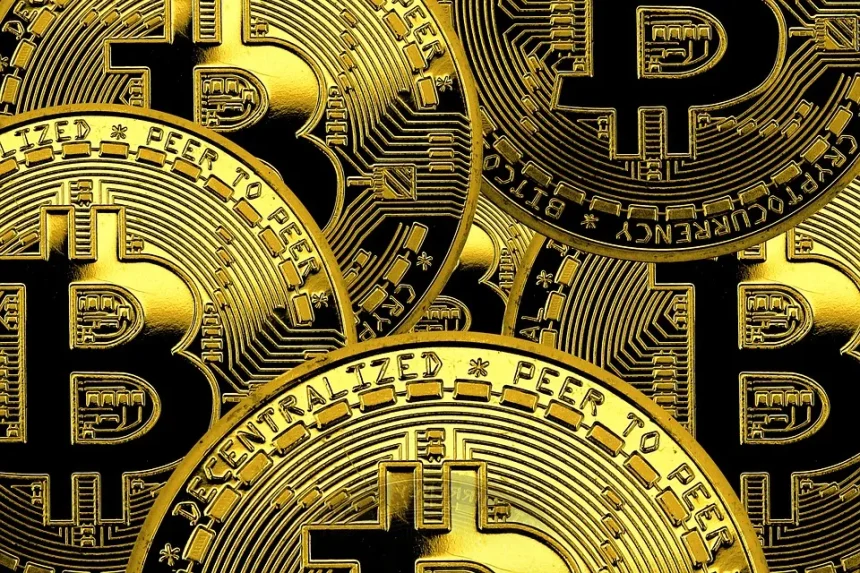Decentralized Finance (DeFi) has emerged as one of the most transformative forces in the financial world, significantly influencing the development and application of tokens. By leveraging blockchain technology, DeFi platforms offer a wide range of financial services without the need for traditional intermediaries. This article delves into how DeFi is shaping token innovation, examining its key components, impact on the financial ecosystem, and future prospects.
1. Introduction to Decentralized Finance (DeFi)
Decentralized Finance (DeFi) refers to a broad array of financial applications and services built on blockchain technology. Unlike traditional finance, which relies on centralized institutions like banks and brokers, DeFi operates on decentralized networks, primarily using Ethereum and other smart contract platforms.
Core Principles of DeFi:
- Decentralization: DeFi platforms are designed to operate without central authorities, relying instead on smart contracts and blockchain networks to manage transactions and services.
- Interoperability: Many DeFi applications are built to interact seamlessly with one another, creating a connected ecosystem of financial services.
- Transparency: Transactions and operations on DeFi platforms are recorded on public blockchains, providing transparency and reducing the potential for fraud.
Implications: DeFi introduces new paradigms for financial services, enabling greater access, transparency, and efficiency compared to traditional systems.
2. Tokenization in DeFi
Tokens play a pivotal role in DeFi, serving various functions and enabling diverse financial activities. Key token types and their applications in DeFi include:
- Utility Tokens: Utility tokens are used within DeFi platforms to access services or participate in network activities. Examples include governance tokens that grant voting rights or tokens used to pay transaction fees. For instance, Uniswap’s UNI token allows holders to vote on protocol changes and earn rewards.
- Stablecoins: Stablecoins are cryptocurrencies designed to maintain a stable value relative to a fiat currency or other assets. They are essential in DeFi for facilitating stable transactions, lending, and liquidity provision. Prominent stablecoins include USDC and DAI.
- Governance Tokens: Governance tokens give holders the power to participate in the decision-making processes of DeFi projects. They enable users to propose and vote on changes, upgrades, and other key aspects of the protocol. Examples include Compound’s COMP token and MakerDAO’s MKR token.
Implications: Tokenization in DeFi enhances the functionality and versatility of financial applications, providing mechanisms for governance, stability, and participation.
3. Impact of DeFi on Traditional Financial Systems
DeFi is disrupting traditional financial systems by offering alternative solutions and challenging established practices:
- Disintermediation: By removing intermediaries like banks and brokers, DeFi platforms can reduce costs and improve efficiency. This disintermediation allows users to engage directly with financial services, potentially lowering fees and transaction times.
- Access and Inclusion: DeFi platforms are accessible to anyone with an internet connection, offering financial services to underserved populations who may lack access to traditional banking systems. This inclusivity can drive financial empowerment and broaden economic participation.
- Innovation in Financial Products: DeFi is driving innovation in financial products and services, including decentralized exchanges (DEXs), yield farming, liquidity pools, and synthetic assets. These innovations offer new ways to earn, trade, and invest, pushing the boundaries of traditional finance.
Implications: The impact of DeFi on traditional finance is profound, leading to increased competition, enhanced access, and new opportunities for innovation. As DeFi continues to evolve, it may further disrupt and transform the financial industry.
4. Challenges and Risks Associated with DeFi
While DeFi offers numerous benefits, it also presents challenges and risks that need to be addressed:
- Security Risks: DeFi platforms are vulnerable to smart contract bugs, hacking, and other security threats. High-profile incidents, such as the exploit of the bZx protocol, highlight the need for rigorous security audits and practices.
- Regulatory Uncertainty: The regulatory environment for DeFi is still developing, and uncertainty around regulations can pose risks for projects and users. Governments and regulatory bodies are working to address compliance and regulatory issues related to DeFi activities.
- Scalability and Performance: DeFi platforms often face scalability issues, particularly during periods of high demand. Network congestion and high gas fees on platforms like Ethereum can impact the performance and accessibility of DeFi services.
Implications: Addressing the challenges and risks associated with DeFi is essential for ensuring the stability and growth of the ecosystem. Projects must prioritize security, comply with regulations, and seek solutions to scalability issues.
5. Future Trends and Innovations in DeFi
The DeFi space is continually evolving, with several trends and innovations likely to shape its future:
- Layer 2 Solutions: Layer 2 scaling solutions, such as Optimistic Rollups and zk-Rollups, aim to improve the scalability and performance of DeFi platforms. These technologies help reduce transaction costs and increase throughput.
- Cross-Chain DeFi: Cross-chain technologies are emerging to enable interoperability between different blockchain networks. This development allows DeFi applications to interact across various blockchains, expanding their functionality and reach.
- Integration with Traditional Finance: DeFi is increasingly integrating with traditional financial systems, including collaborations with banks and payment processors. These integrations could bridge the gap between decentralized and conventional finance, offering more comprehensive financial solutions.
Implications: Future trends in DeFi will continue to drive innovation and enhance the functionality of decentralized financial services. Staying informed about emerging technologies and trends will be crucial for stakeholders seeking to leverage the opportunities in DeFi.
6. Conclusion
Decentralized Finance (DeFi) is a transformative force in the financial world, driving innovation and reshaping traditional financial systems. By leveraging tokens and blockchain technology, DeFi offers new opportunities for financial services, access, and inclusion. However, addressing challenges related to security, regulation, and scalability is essential for the continued growth and stability of the DeFi ecosystem. As DeFi evolves, it will likely continue to influence the development of tokens and redefine the future of finance.
To stay up to date with the latest news and trends. To learn more about our vision and how we’re making a difference, check out OC-B by Oort X Media.





